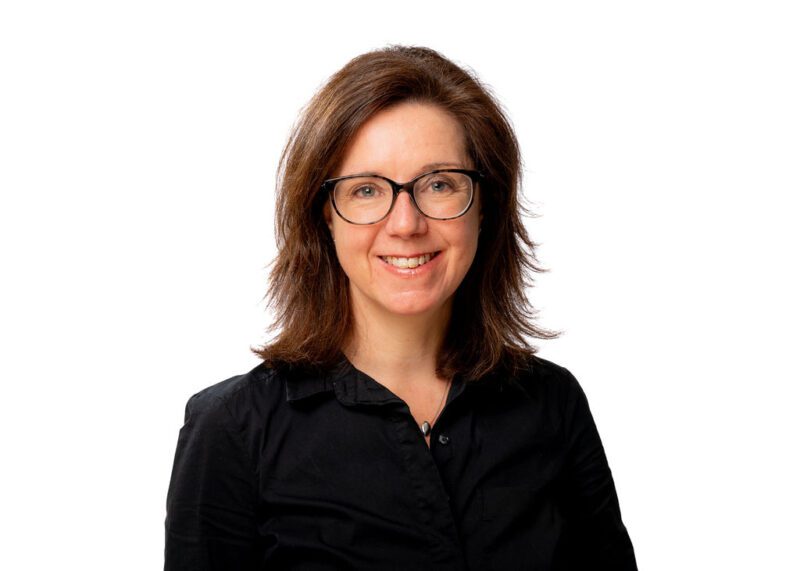-
Dr Carol BrownOxford Brookes University
-
Professor Helen WalkingtonOxford Brookes University
Project overview
Access to research-based learning remains a privilege, not a right, in post-16 education. The Extended Project Qualification (EPQ) — a unique, mentored, student-led qualification — is proven to support higher education progression, independent learning, and student engagement. Yet current access is geographically and socially uneven.
This project aimed to provide an understanding of access, uptake and attainment of the EPQ as an opportunity for all; explore barriers to access, participation and completion; and gain narratives of effective practices by providers where the EPQ is offered widely to achieve successful outcomes.
The research employed a mixed methods design including a literature review, analysis of administrative datasets, a novel spatial mapping approach using geographical information systems (GIS) to identify deprived areas for interviews and focus groups with EPQ teachers and students.
This research shows that taking the EPQ does not undermine attainment in other subjects, can reduce gender gaps in attainment and is academically enriching. However, significant barriers to access and retention exist in deprived areas. The study identifies practices that enable the EPQ to be offered inclusively, including targeted support. Findings suggest the qualification has untapped potential to support policy ambitions on opportunities for all, curriculum reform, widening participation in HE and employability. An emphasis on strategic value is recommended. The GIS Web app can be used to target areas of geographical deprivation that currently do not have access to the award and may be helpful for higher education institutions making contextual offers.
Further research is needed on the associations between the EPQ and HE outcomes. Advanced spatial analysis could explore the impact of student travel time on EPQ opportunity and access. EPQ centres that have chosen to close provision, or centres who do not offer the qualification, would provide further perspectives on barriers to access.

























